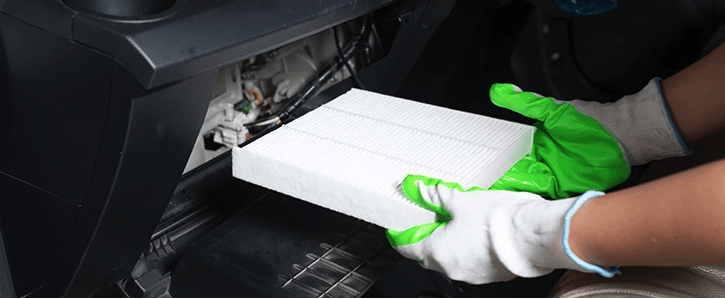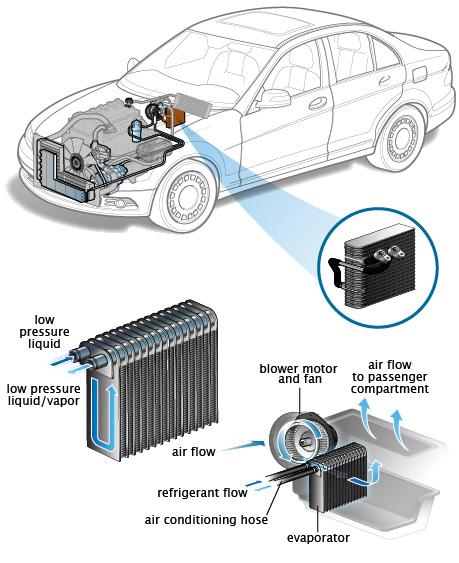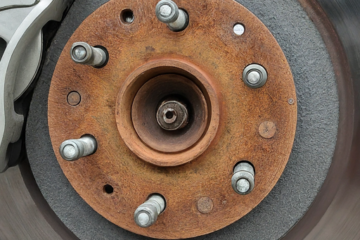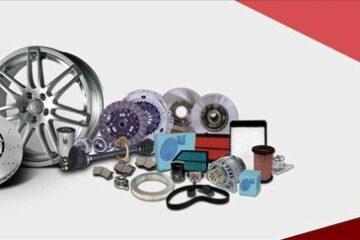In the hustle and bustle of modern life, we often overlook the quality of air we breathe, especially when we’re confined to the enclosed spaces of our cars. While we may take the air inside our vehicles for granted, it’s crucial to remember that the air quality in your car can significantly impact your health and well-being. This is where cabin air filters come into play, acting as unsung heroes in maintaining a clean and healthy breathing environment inside your vehicle.
The Role of Cabin Air Filters
Cabin air filters play a vital role in maintaining the quality of the air you breathe inside your car. They act as a barrier, trapping airborne contaminants such as dust, pollen, mold spores, bacteria, and even exhaust fumes before they can enter your vehicle’s ventilation system and into your lungs. These filters not only improve the overall air quality but also help to:
- Reduce allergy and asthma symptoms
- Minimize the risk of respiratory infections
- Eliminate unpleasant odors
- Protect against harmful pollutants

Signs that Your Cabin Air Filter Needs Replacement
Over time, cabin air filters accumulate dirt and debris, reducing their effectiveness in filtering out contaminants. If you notice any of the following signs, it’s likely time to replace your cabin air filter:
- Increased visibility of dust and pollen inside your car
- Noticeable musty or unpleasant odors
- Weakened air conditioning performance
- Worsened allergy or asthma symptoms
Recommended Replacement Schedule
Auto manufacturers typically recommend replacing cabin air filters every 12,000 to 15,000 miles or every 12 months, whichever comes first. However, this schedule may vary depending on your driving conditions and the frequency of exposure to dust, pollen, or other airborne contaminants. If you drive in dusty or polluted environments more frequently, consider replacing your cabin air filter more often.
DIY or Professional Replacement?
Cabin air filter replacement is a relatively straightforward task that many car owners can handle themselves. However, if you’re not comfortable with DIY car maintenance, it’s always best to seek professional assistance from a qualified mechanic. They can ensure proper installation and assess the overall condition of your vehicle’s ventilation system.
Benefits of Regular Cabin Air Filter Replacement
Regular cabin air filter replacement offers a multitude of benefits, including:
- Improved air quality and reduced exposure to contaminants
- Enhanced comfort and well-being for all occupants
- Protection against respiratory issues and allergies
- Extended lifespan of your vehicle’s ventilation system
- Improved fuel efficiency
Additional Tips for Maintaining Cabin Air Quality
In addition to regular cabin air filter replacement, you can further optimize the air quality inside your car by following these simple tips:
- Avoid smoking or using strong-scented air fresheners inside your vehicle.
- Park your car in shaded areas to minimize exposure to sunlight and heat buildup.
- Use the “recirculate” setting on your air conditioning system when driving in polluted areas.
- Keep your car windows closed whenever possible to prevent outside pollutants from entering.
Conclusion
Cabin air filters play a crucial role in maintaining a healthy and comfortable breathing environment inside your car. By regularly replacing your cabin air filter and following these additional tips, you can significantly improve the air quality in your vehicle and protect yourself a





